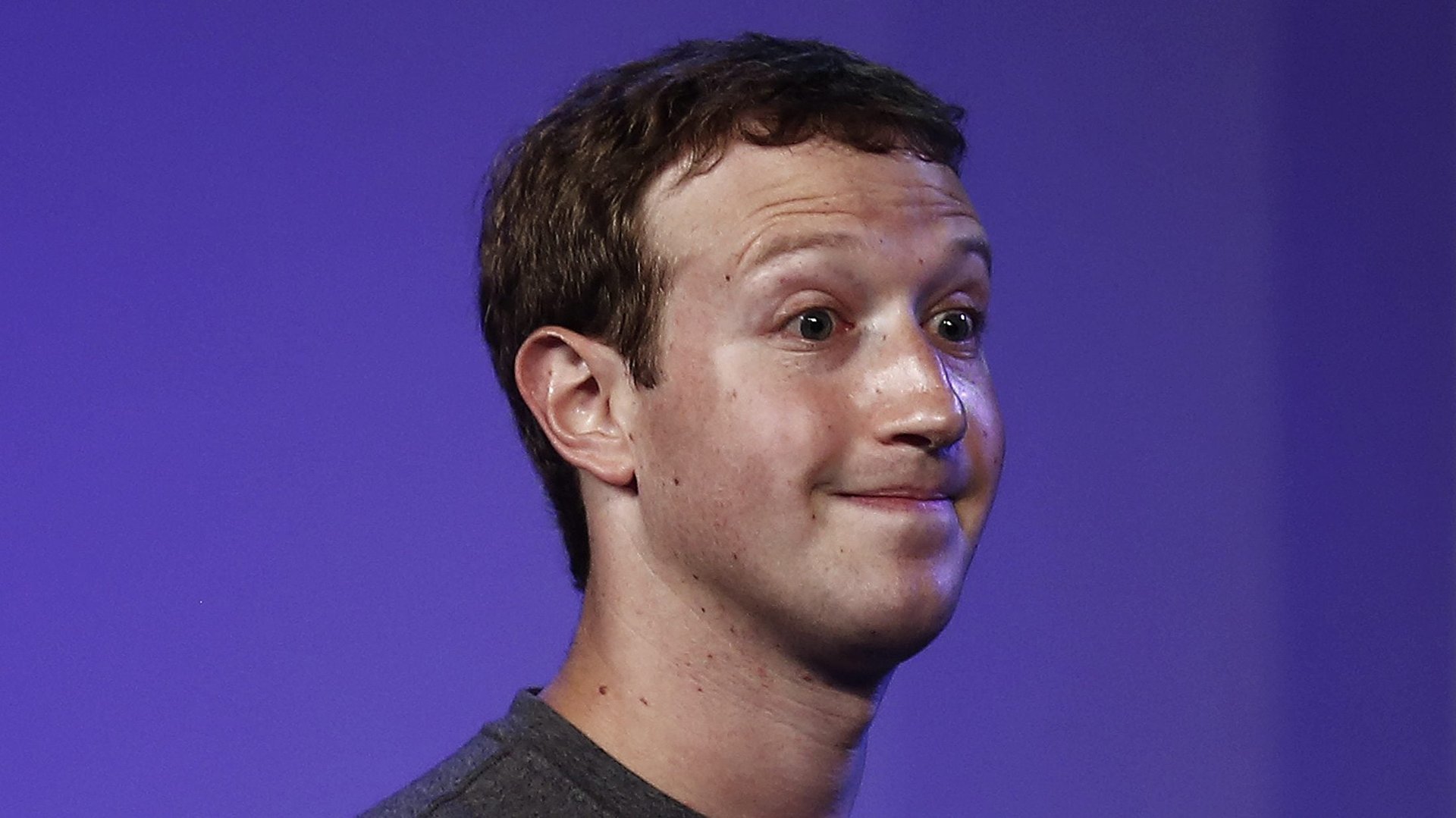Facebook’s name change is not enough to fix its reputation
Is Mark Zuckerberg hitting the panic button by changing Facebook’s name to Meta? Probably. Will it work? Depends.


Is Mark Zuckerberg hitting the panic button by changing Facebook’s name to Meta? Probably. Will it work? Depends.
Facebook is building a “metaverse”—a term coined by sci-fi novelist Neal Stephenson, referring to a virtual world people escape to from a dystopian, real world. The Silicon Valley giant is hiring more than 10,000 people in Europe to realize this vision of an online reality where people can meet, play games, work, and more.
As it designs this ecosystem beyond social media, Facebook’s new name captures its growing ambitions.
What is the point of a name change? The company has a lot going on, after all. A whistleblower, Frances Haugen, leaked a trove of documents to news organizations and even spoke to UK lawmakers, exposing policies and internal debates—from anti-competitive practices to user privacy concerns, and apparent lack of care towards young female users to its nefarious role in elections—Zuckerberg would rather keep a lid on. Meanwhile, earnings were unexpectedly good in the third quarter, and revenues were unexpectedly insipid.
“If the general public has a negative and visceral reaction to a brand then it may be time to change the subject,” American technologist and BrightRay publishing CEO Scott Turman told Quartz. “Rebranding is one way to do that, but a fresh coat of lipstick on a pig will not fundamentally change the facts about a pig.”
Is Facebook following in Google’s footsteps?
Facebook’s move isn’t unprecedented. Google moved its various enterprises under the umbrella of Alphabet in 2015. A year later, Snapchat became “camera company” Snap Inc, as it prepared to release its AR glasses and get into content production and social commerce.
Mostly, companies move brands and intellectual properties into separate companies for risk compartmentalization or tax reasons. It gives them room to innovate without massive scrutiny affecting all brands at once, and is “an easy way of having brand extensions that can be easily buried if they become troublesome, underperforms, or overall a tarnish to the main brand,” explains Chris Tompkins, the CEO and founder of digital marketing firm The Go! Agency.
These are all sound reasons for Facebook, which already has several established arms—Instagram, WhatsApp, Oculus—and is experimenting with several new undertakings.
But companies like Alphabet are also proof the original names don’t die; most people still refer to Google. So, if Facebook’s play includes undoing reputational damage, it has a much steeper hill to climb.
Facebook needs to revamp more than its name
Alongside its name, Facebook must also change its ways.
“The real challenge is to repair the image of Facebook itself,” says Nick Vivion, founder at tech PR firm Ghost Works Communications. “If the company doesn’t use any of the past few years as a learning lesson, it likely will just replicate the mistakes it’s made in the past.”
At least two experts told Quartz that without concerted efforts around transparency, the move could misfire and actually hurt Facebook by making it look desperate and reactive. Things like the Cambridge Analytica scandal and lying to its own $130 million corporate high court will not fly.
Facebook has already been facing an existential crisis. Its user growth is slowing down. Millennials are moving to visual-storytelling platforms like sister app Instagram, and Gen Z has deserted the Facebook ecosystem altogether, choosing TikTok instead.
“For Facebook, whose brand is already sullied by perceptions of callous capitalism, the risk of opportunism is amplified,” says Adam Hanft, a global brand strategist and a strategic adviser to Israel’s largest internet company, Conduit. “Changing a name is a marketing solution to a reputation crisis; the problem is far more profound than the solution…People will focus on the superficiality of a marketing fix when the company is seen by many as a threat to democracy and individual well-being. Tone-deaf is a kind description.”